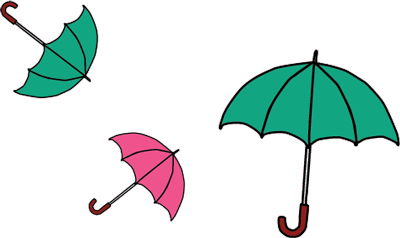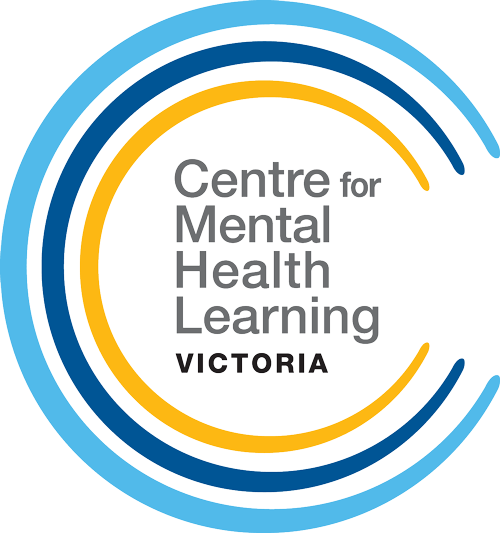Statewide Mental Illness Learning Exchange
Fact sheets and resources

In this section we have included a vast amount of information and resources. If you can’t find the specific information you seek, please contact us.
specific Conditions
01. Medical Morbidity: Guidelines for staff
02. Body Dysmorphic Disorder: A guide for people with BDD
03. Trichotillomania: A Guide for Sufferers
recent Fact Sheets
01. Treatment order treatment rights
03. Writing your advance statement
05. St Vincent’s community mental health services
06. St Vincent’s acute inpatient services information for consumers, families and carers
07. Assessment order
08. Advance statements under the Mental Health Act in Victoria
09. Families where Parents experience a Mental Illness (FaPMI)
Latest additions
Mindgardens white paper Review of the burden of disease for neurological, mental health and substance use disorders in Australia
Antidepressant medication are also used to treat anxiety disorders, OCD and PTSD
Anxiety guide which provides information and advice about anxiety disorders
Addiction is a health condition, not a lifestyle choice or weakness
Attention deficit hyperactivity disorder ADHD in adults
Autism also called Autism Spectrum Disorder (ASD)
Borderline personality disorder is a condition of the brain and mind
Caring for someone with a mental illness
Dementia is a medical condition where damage to brain cells causes problems with memory, thinking, behaviour and learning
Feeling suicidal can happen to any of us
Depression guide produced by psychiatrists
Eating disorders your guide
Obsessive-compulsive disorder (OCD) is a mental illness
Physical health and mental illness
Post-traumatic stress disorder (PTSD) is a mental illness
Schizophrenia your guide produced by psychiatrists
RESOURCES
Resources
St Vincent’s Mental Health
St Vincent’s Mental Health:
The latest St Vincent’s Mental Health “Psychiatric Medication Information – A Guide to Patients & Carers” booklet 4th Edition (January 2017) is available in English. Translated versions of the St Vincent’s Mental Health “Psychiatric Medication Information – A Guide to Patients & Carers” booklet, 1st Edition only, are available from the St Vincent’s website
Information for Consumers/Carers on MH Crisis
Aged Psychiatry Assessment and Treatment Team (APATT)
St Vincent’s APATT – a multidisciplinary community mental health service based at St George’s campus in Kew. Referrals from GPs are welcomed. More information: www.svhm.org.au
St Vincent’s Adult Mental Health Information for consumers, carers and families – an invaluable resource that provides a wide range of information about the service provided by St Vincent’s Mental Health.
Carers Victoria: Finding help for someone with a mental health problem A resource for carers and workers in the community care system.
Metabolic syndrome
Better Health Channel www.betterhealth.vic.gov.au/
Dietitians Association of Australia www.daa.asn.au
RACGP www.racgp.org.au
Physical health
Head to Health: www.headtohealth.gov.au
Health Direct: www.healthdirect.gov.au
The Heart Foundation: www.heartfoundation.org.au
Diabetes Australia: www.diabetesaustralia.com.au
Mood disorders
eCOUCH free online self-help program for depression and anxiety www.ecouch.anu.edu.au
Beyond blue Check-in APP www.beyondblue.org.au
Moodgym an interactive self-help book www.moodgym.com.au
Online forum beyond blue online support www.beyondblue.org.au
Mindfulness is a mental and physical technique you can use to focus your awareness on the present moment www.sane.org
Websites
Multicultural resources online
VTMH Victorian Transcultural Mental Health www.vtmh.org.au
Health Translations online library healthtranslations.vic.gov.au
Embrace Multicultural Mental Health (the Embrace Project) www.embracementalhealth.org.au
Reputable mental health websites
Useful links
- Victorian Department of Health: www.health.vic.gov.au/mentalhealth
- NEAMI National: www.neaminational.org.au
- Victorian Mental Illness Awareness Council (VMIAC): www.vmiac.org.au
- Mental Illness Fellowship Victoria: www.mifellowship.org
- Victorian Transcultural Mental Health: www.vtmh.org.au
- Victorian Mental Health Carers Network: www.carersnetwork.org.au
- Mental Health in Multicultural Australia: www.mhima.org.au
- Reach Out – Youth Issues: http://au.reachout.com
- Commonwealth Department of Health and Ageing: www.health.gov.au/mentalhealth
- Infoxchange: www.infoxchange.net.au
- Anxiety Recovery Centre: www.arcvic.com.au
- SANE Australia: www.sane.org
- BeyondBlue: www.mentalhealthvic.org.au
- Mental Health Council of Australia: www.mhca.org.au
- Australian Health Institute Health and Welfare: www.aihw.gov.au
- Mind Australia: www.mindaustralia.org.au
- Mental Health Carers Australia: www.mentalhealthcarersaustralia.org.au
- NDIS (National Disability Insurance Scheme): www.ndis.gov.au
- Victoria NDIS: www.ndis.gov.au
- Psychiatric Disability Services of Victoria (VICSERV): www.vicserv.org.au
- Tandem (representing Victorian mental health carers): www.tandemcarers.org.au
- Our Consumer Place: www.ourconsumerplace.com.au
- Mental Health Australia: www.mhaustralia.org
- Community Mental Health Australia: www.cmha.org.au
- PANDA: www.panda.org.au
Other support services
Centre for MH Learning Victoria www.cmhl.org.au
Black Dog Institute www.blackdoginstitute.org.au
Drug and Alcohol Clinical Advisory Service (DACAS) Is a specialist telephone consultancy service to assist health and welfare professionals to respond to individuals with alcohol or other drug use problems. Tel: 1800 812 804
With special thanks to
Many people have contributed to the development of this project through research, focus groups, advice, information and ideas. We would like to acknowledge and thank all who have contributed and supported us in our endeavor.
Newsletters
Stay in the loop with our monthly newsletters!
If you are having thoughts of suicide, or severe self-harm please follow your crisis plan. If you do not have a crisis plan please call your treating clinician, therapist, general practitioner, one of the numbers listed below or go to the Emergency Department of the nearest hospital. In a life-threatening emergency ring 000.
Phone numbers and other supports that can be contacted in a crisis:
Life Line: 13 11 14 | www.lifeline.org.au
Sane Helpline: 1800 187 263 | www.sane.org


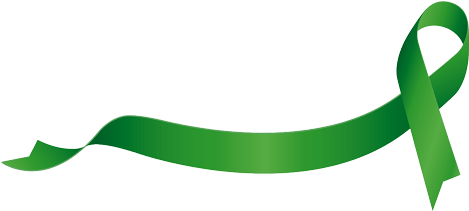
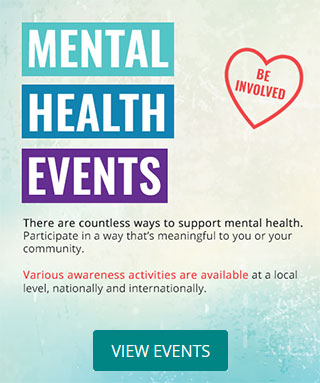
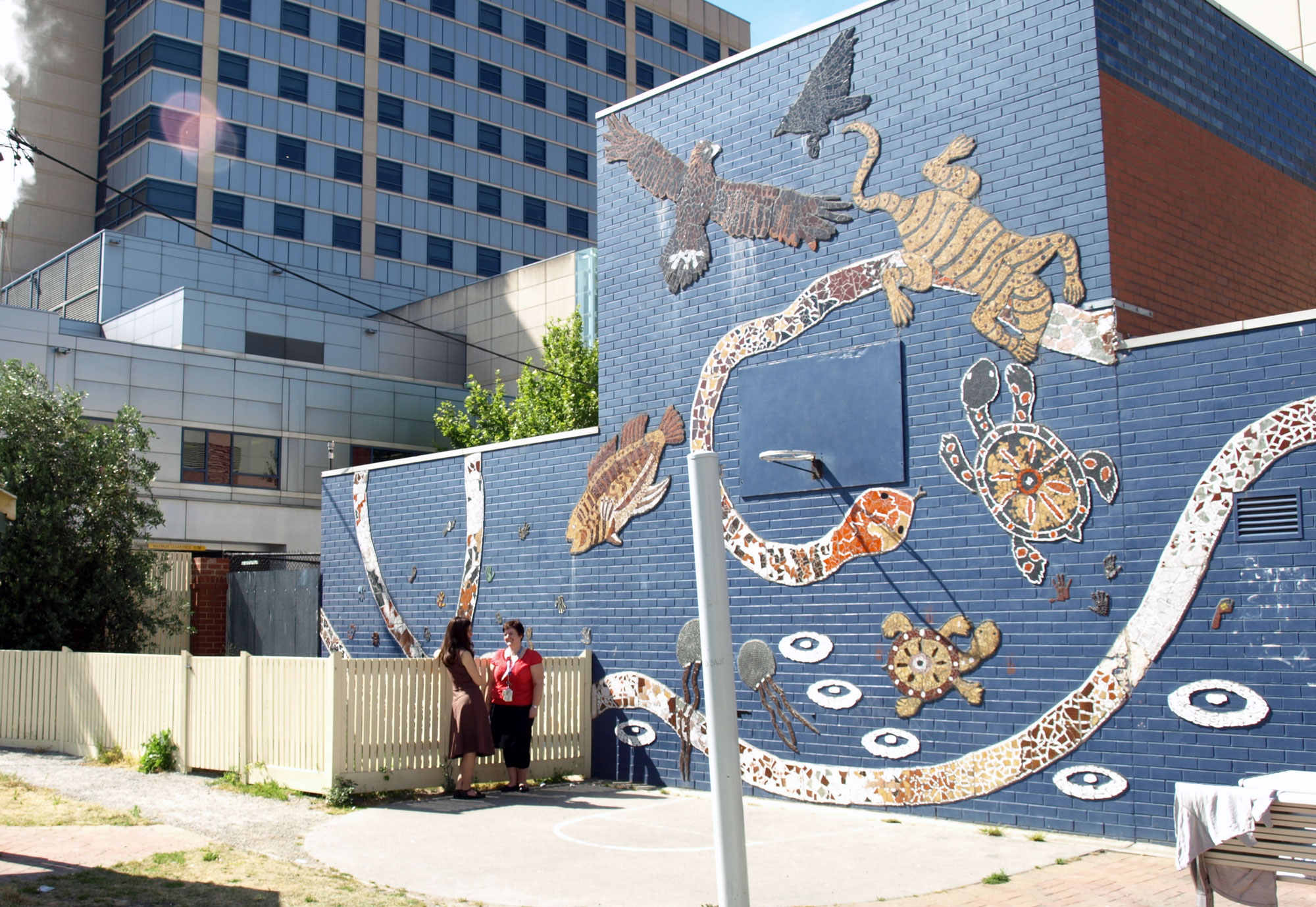
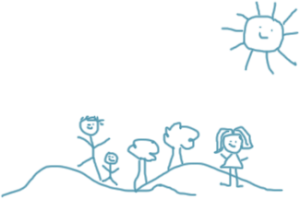
 The 2014 Act came into effect in July 2014. It introduced new principles to support people experiencing mental illness to make and participate in treatment decision (shared decision making) and to have their views and preferences considered and respected.
The 2014 Act came into effect in July 2014. It introduced new principles to support people experiencing mental illness to make and participate in treatment decision (shared decision making) and to have their views and preferences considered and respected.